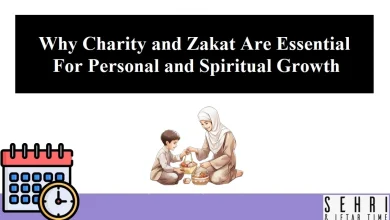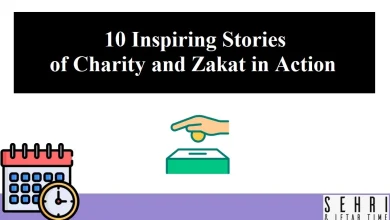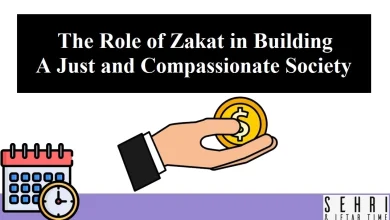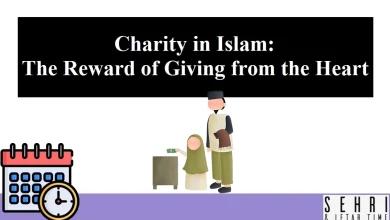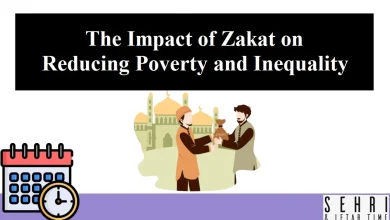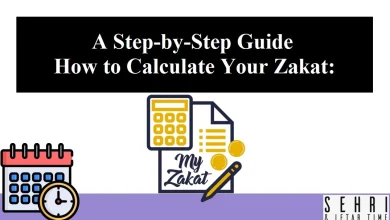Charity and Zakat: Understanding Their Importance in Islam
Charity and Zakat: Understanding Their Importance in Islam [Know]
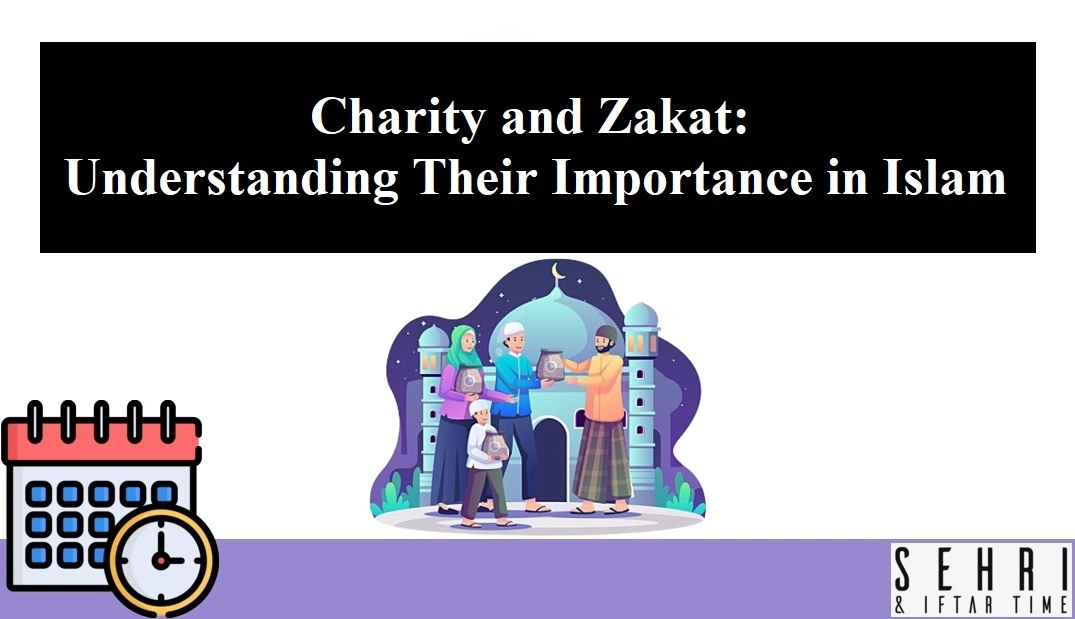
Charity and Zakat: Understanding Their Importance in Islam: Charity and Zakat hold an unparalleled significance in Islam, forming a core part of the faith’s spiritual and social framework. They are not merely acts of generosity but obligations that reflect a Muslim’s commitment to Allah, society, and the betterment of humanity. By understanding their profound purpose, Muslims can deepen their connection to their faith while contributing to the greater good.
The Concept of Charity in Islam
Charity in Islam encompasses a broad spectrum of giving, from voluntary acts of kindness (Sadaqah) to obligatory financial contributions (Zakat). This dual nature highlights Islam’s emphasis on cultivating a generous spirit and addressing social inequalities.
Sadaqah: Voluntary Charity
Sadaqah refers to any voluntary act of giving, whether monetary, physical, or emotional. It can be as simple as a smile, assisting someone in need, or sharing knowledge. The Prophet Muhammad (peace be upon him) said:
“Every act of kindness is charity.” (Sahih Bukhari)
Sadaqah is an expression of compassion, a means to purify one’s soul, and a way to attain Allah’s pleasure. It teaches Muslims the importance of selflessness and encourages them to be proactive in helping others.
Zakat: The Pillar of Charity
Unlike Sadaqah, Zakat is an obligatory act of worship and one of the five pillars of Islam. It requires Muslims who meet certain financial criteria to contribute 2.5% of their wealth annually to those in need. The term “Zakat” means “purification” or “growth,” emphasizing that wealth is a trust from Allah and must be used responsibly.
The Importance of Zakat in Islam
Zakat is not just a financial obligation; it is a spiritual investment with profound implications for individuals and society.
1. A Means of Purification
Zakat purifies one’s wealth and heart from greed and selfishness. By giving a portion of their wealth, Muslims acknowledge that their prosperity is a blessing from Allah and show gratitude by sharing it with others. The Quran states:
“Take from their wealth a charity by which you purify them and cause them to grow.” (Surah At-Tawbah 9:103)
2. A Tool for Social Justice
Zakat serves as a safety net for society, addressing poverty, inequality, and financial disparity. The collected funds are distributed to specific categories of beneficiaries, including the poor, the needy, and those in debt. By redistributing wealth, Zakat fosters a sense of communal responsibility and ensures that no one is left behind.
3. A Path to Spiritual Growth
Fulfilling the obligation of Zakat strengthens a Muslim’s faith and brings them closer to Allah. It is a reminder of their purpose in life and their duty to care for others. The act of giving also cultivates humility and empathy, qualities that are central to Islamic teachings.
The Broader Impact of Charity and Zakat
The ripple effects of charity and Zakat extend far beyond individual acts of giving, creating a more equitable and harmonious society.
1. Eradicating Poverty
Charity and Zakat play a vital role in alleviating poverty by providing financial assistance to those in need. Whether it’s through building shelters, funding education, or supporting healthcare initiatives, these acts create opportunities for marginalized communities to thrive.
2. Fostering Community Bonds
When Muslims give to others, they strengthen the bonds of brotherhood and unity. Charity bridges social divides, fostering a sense of solidarity and mutual support. This sense of community is a cornerstone of Islamic society.
3. Encouraging a Cycle of Goodness
Charitable acts inspire others to follow suit, creating a cycle of goodness that benefits the entire community. As the Prophet Muhammad (peace be upon him) said:
“The believer’s shade on the Day of Resurrection will be his charity.” (Sunan al-Tirmidhi)
Practical Ways to Fulfill Charity and Zakat Obligations
In today’s world, fulfilling the obligations of charity and Zakat has become more accessible through modern tools and platforms. Here are some practical suggestions:
1. Calculate Zakat Accurately
Using online Zakat calculators ensures that the amount is calculated correctly based on one’s assets and liabilities. This eliminates confusion and guarantees compliance with Islamic principles.
2. Support Reputable Organizations
Donating to trusted charities ensures that your contributions reach those who need them most. Look for organizations that prioritize transparency and align with Islamic values.
3. Incorporate Charity into Daily Life
Small, consistent acts of Sadaqah can have a significant impact over time. Consider setting aside a portion of your income for daily or monthly giving.
4. Encourage Family Participation
Involving family members, especially children, in charitable activities instills the value of generosity and empathy from a young age.
Conclusion
Charity and Zakat are not merely financial obligations but profound expressions of faith, compassion, and social responsibility. They serve as reminders that wealth is a trust from Allah and must be used for the betterment of society. By embracing these principles, Muslims can purify their souls, strengthen their communities, and attain the blessings of Allah.
Let us strive to fulfill our obligations of charity and Zakat with sincerity and dedication, ensuring that our contributions bring hope, dignity, and prosperity to those in need. As the Quran beautifully states:
“The example of those who spend their wealth in the way of Allah is like a seed [of grain] that grows seven spikes; in every spike is a hundred grains. And Allah multiplies [His reward] for whom He wills.” (Surah Al-Baqarah 2:261)
